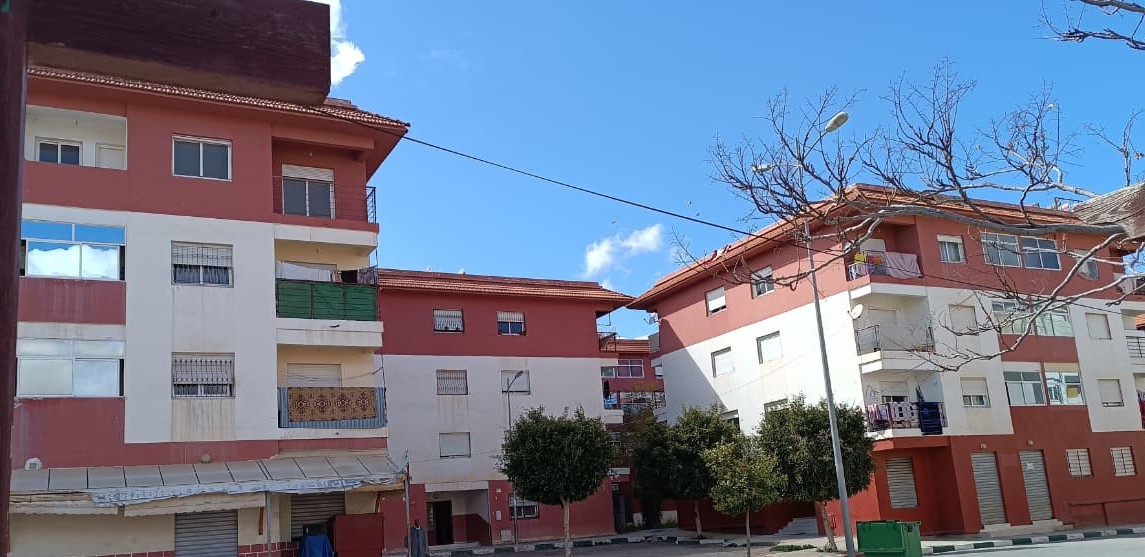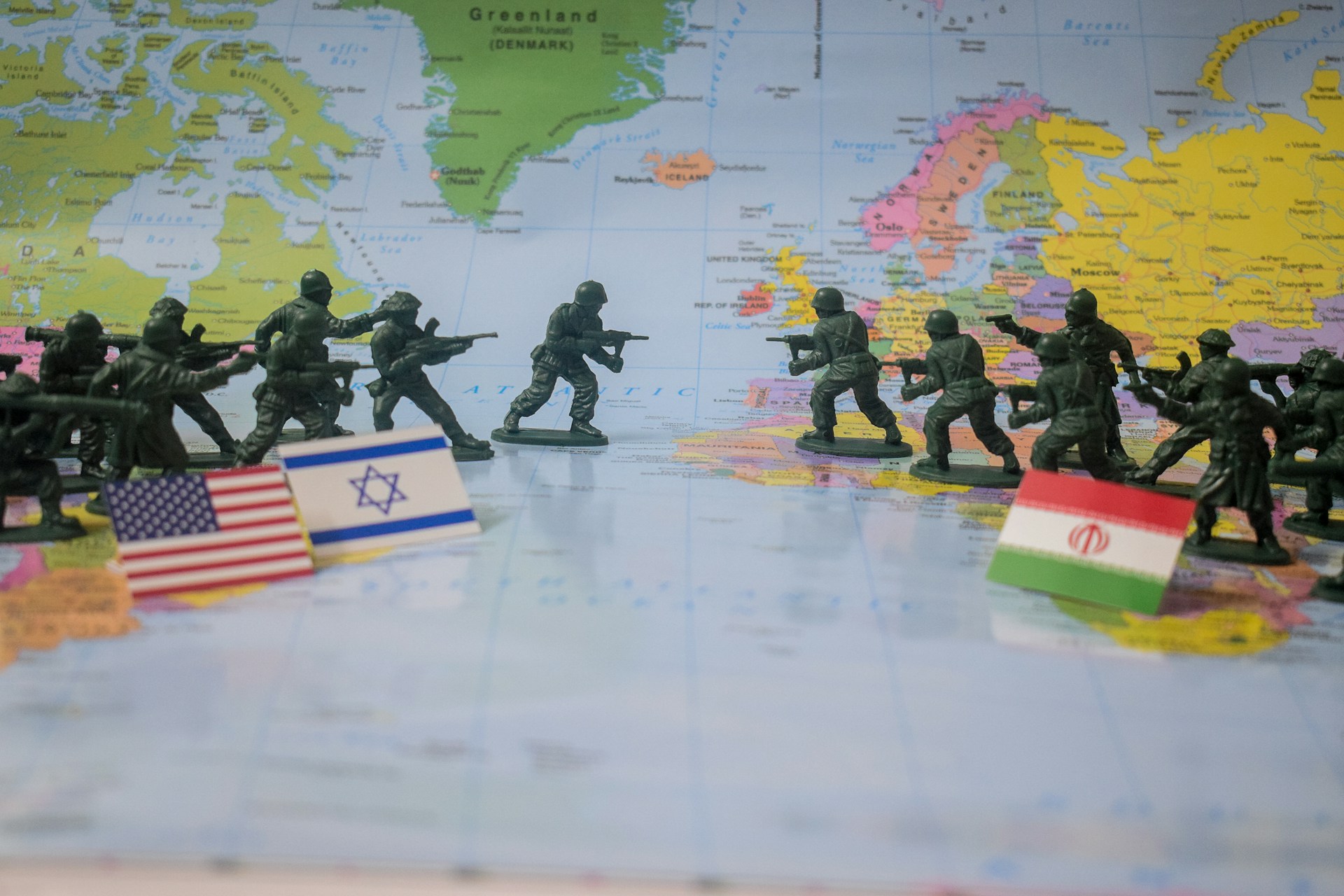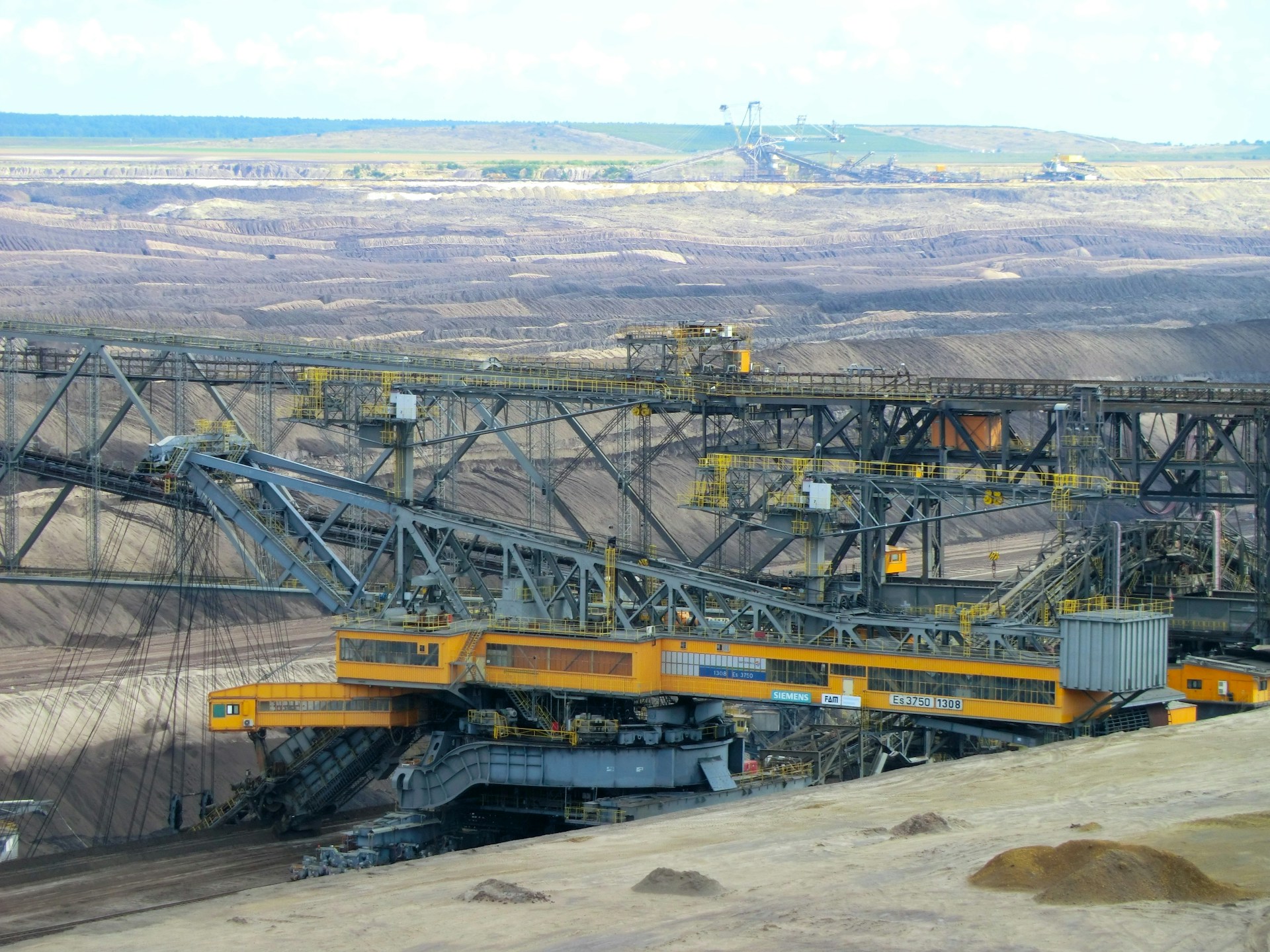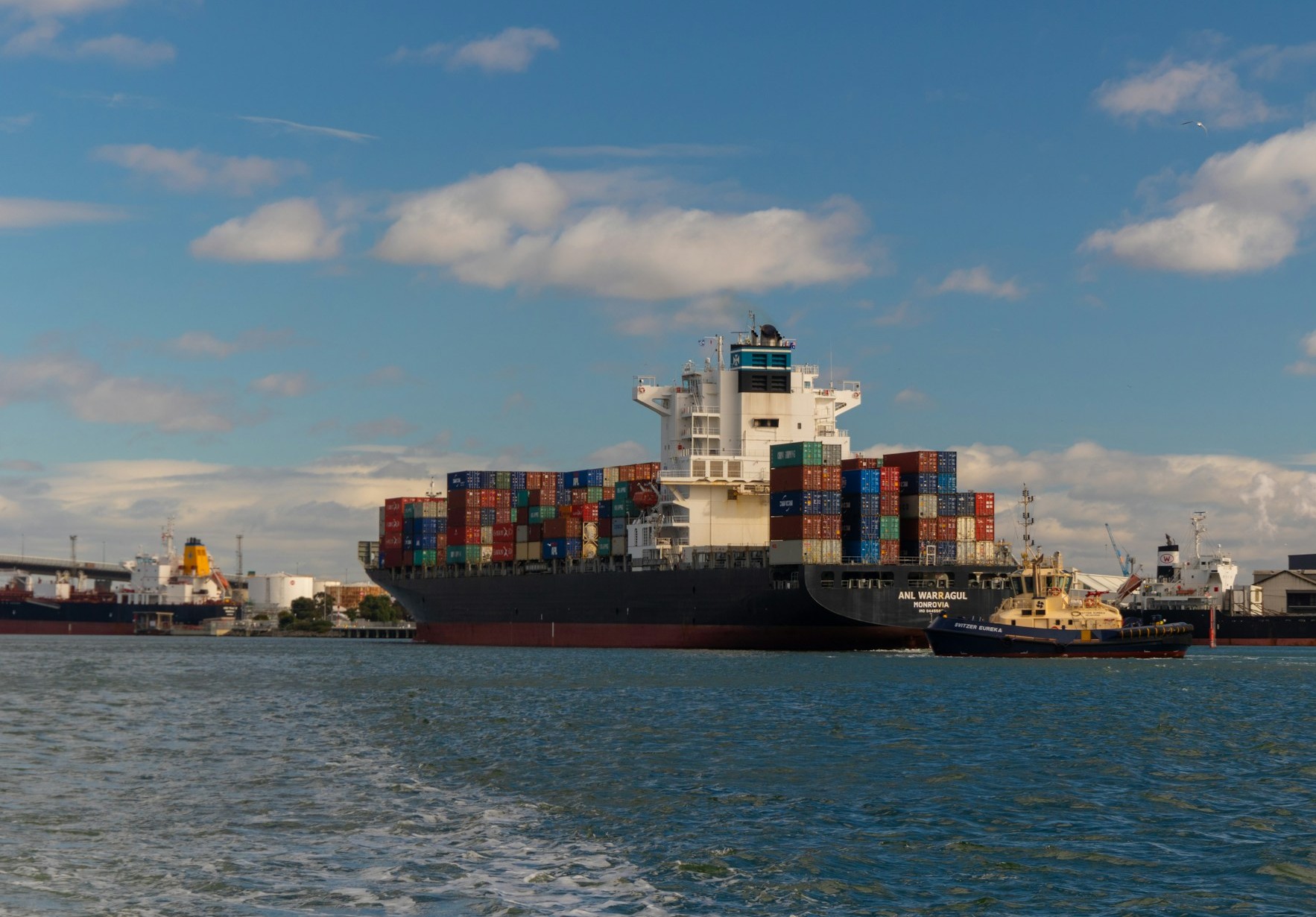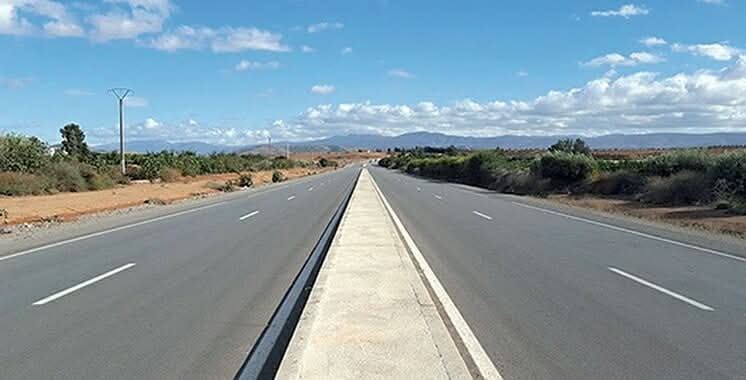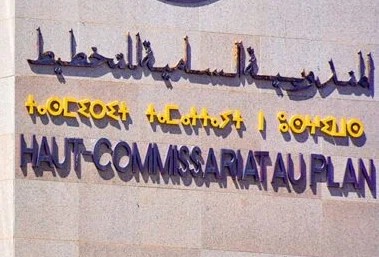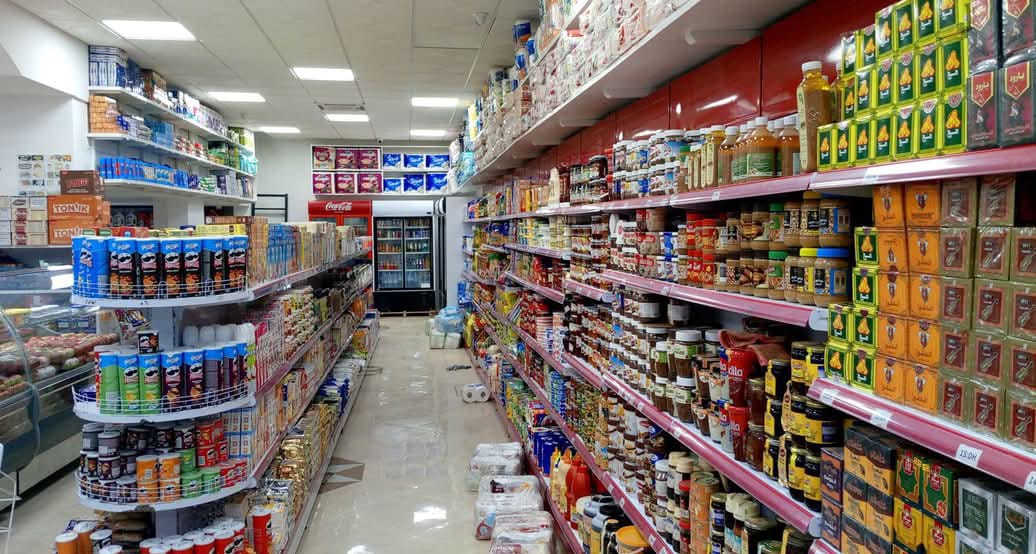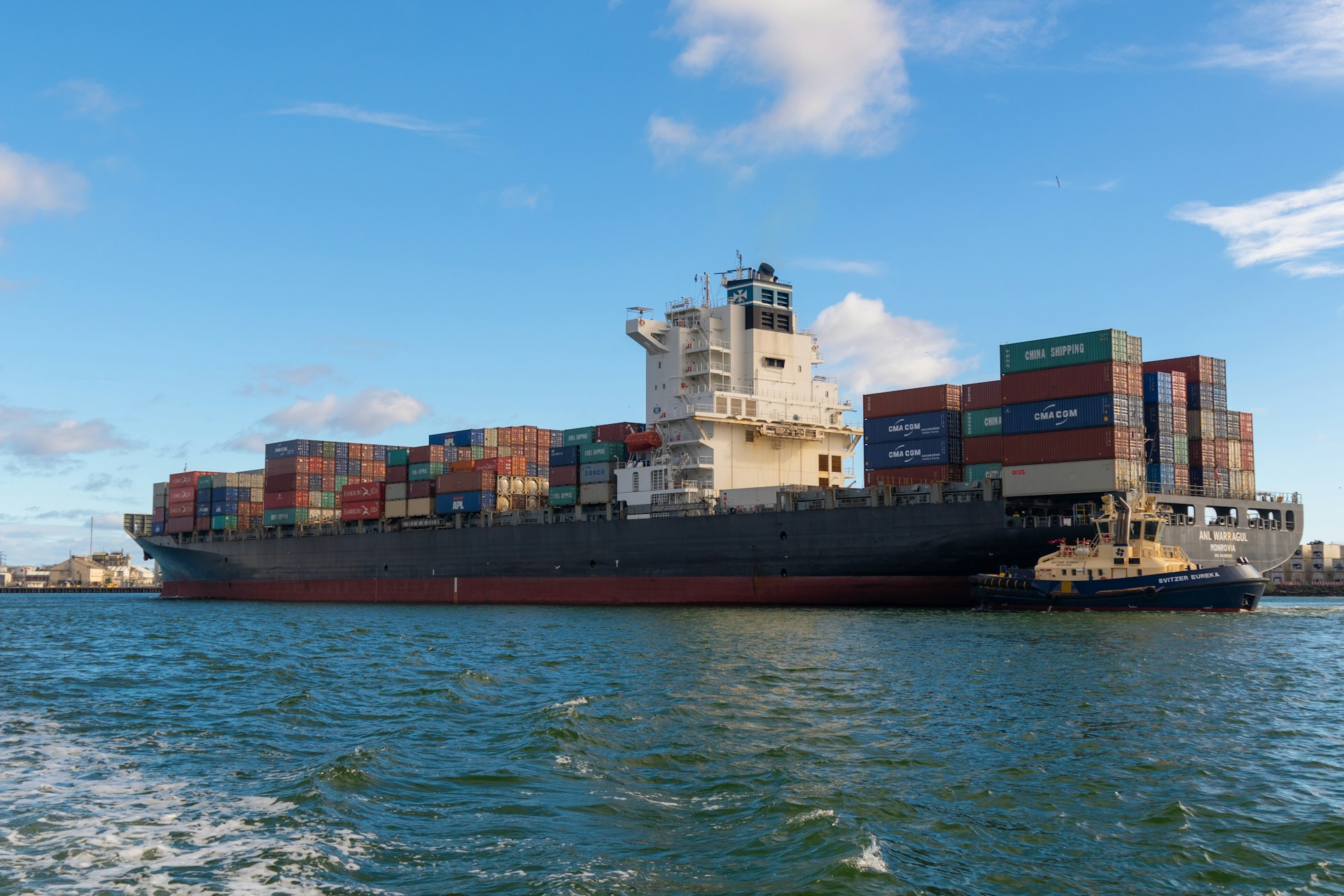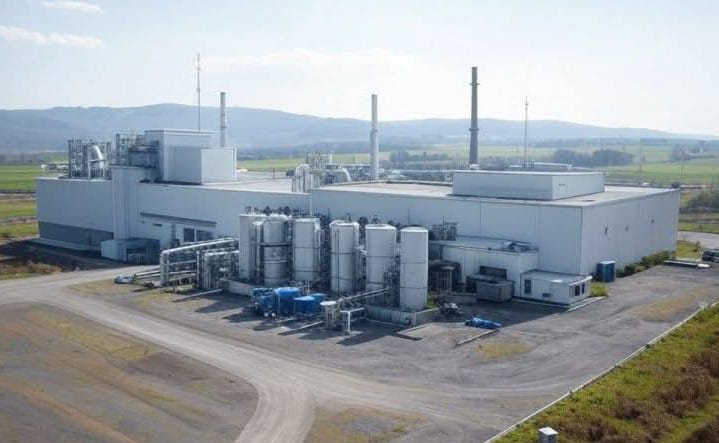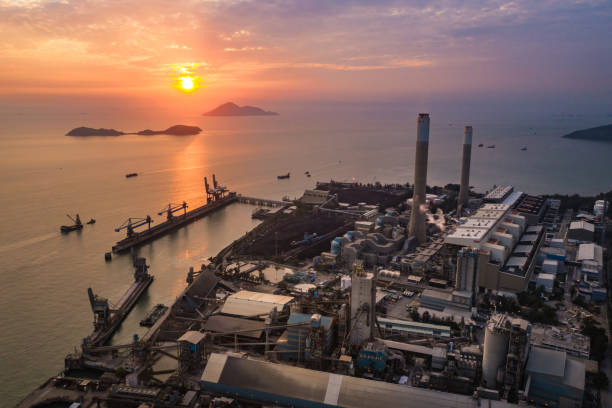Casablanca – Morocco is taking a significant step into the digital age by integrating artificial intelligence (AI) and modern technologies into infrastructure development, road maintenance, quarry management, and public asset administration. This ambitious initiative, spearheaded by the Ministry of Equipment and Water, forms a key part of the country’s broader digital transformation strategy aimed at improving public service delivery and enhancing administrative efficiency.
AI at the core of modernization
In a detailed outline of its plans, the ministry announced that AI technologies will be used to analyze geographic maps, process satellite images, and optimize resource management. These tools will enhance the monitoring of natural resources and infrastructure while streamlining operational processes. The ministry also aims to digitize all administrative procedures by 2025, introducing intelligent systems to reduce processing times and simplify administrative steps for citizens and investors.
The initiative aligns with Morocco’s strategic framework for 2022-2027, which prioritizes digital transformation as a means to foster transparency, efficiency, and public trust. According to Minister Nizar Baraka, these efforts aim to reimagine operational models and tailor services to meet the needs of users, businesses, and investors.
Key digital infrastructure projects
As part of its transformation goals, the ministry has launched a series of digital projects, including:
- Advanced electronic portals: Allowing citizens and businesses to submit and track applications remotely, minimizing the need for in-person visits.
- Centralized data repository: Consolidating data to support informed decision-making and enabling a more responsive and efficient administration.
- Integrated information systems: Facilitating real-time data sharing between central and regional offices to improve decision-making and coordination.
- AI-powered analysis tools: Enhancing geographic mapping and satellite image interpretation for better infrastructure and resource management.
The adoption of cutting-edge technologies, including cloud computing and SD-WAN communication networks, underscores the ministry’s commitment to creating a modern, agile public administration system that meets contemporary challenges.
Looking ahead: Inclusion and Innovation
This digital shift is not limited to operational improvements. It reflects a broader vision of inclusion, with the ministry striving to ensure that all Moroccans can access efficient public services. By 2030, the ministry plans to roll out more comprehensive digital services, develop robust geographic information systems, and implement solutions for water resource and public property management.
Incorporating AI into its operations marks a pivotal moment for the ministry. The technology is already being applied to key sectors, such as infrastructure maintenance and the management of natural resources, enabling smarter decision-making and faster response times.
A regional leader in digital governance
Morocco’s integration of AI and digital technologies highlights its ambition to position itself as a leader in innovative governance within the region. This strategic approach not only improves public service delivery but also strengthens the country’s economic competitiveness, paving the way for a more sustainable and transparent administrative framework.
The Ministry of Equipment and Water’s efforts set a precedent for other sectors to embrace technology as a transformative tool, signaling a future where Moroccan governance is defined by innovation, efficiency, and accessibility.
